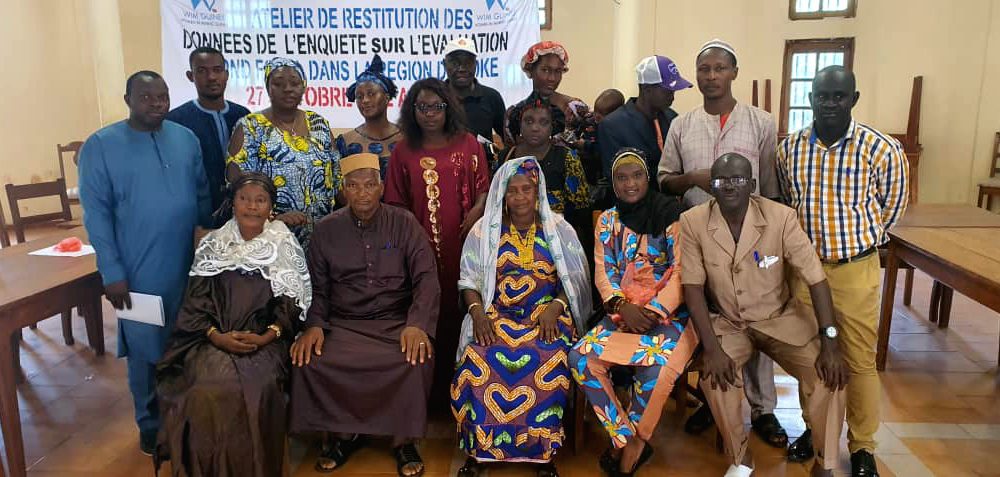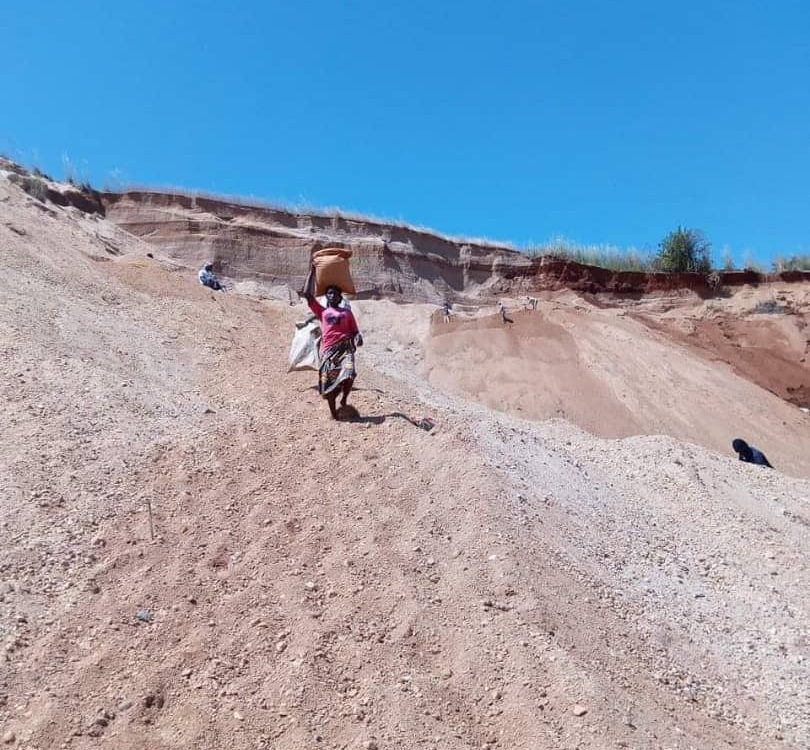Nigeria Extractives Industry Transparency Initiative (NEITI) Audit Automation
The Nigeria Extractives Industry Transparency Initiative (NEITI) works to promote transparency and good governance by validating and publishing data on taxes paid by companies in the extractives sector. DG is developing a tool to automate data collection and support the process of reconciling conflicting financial data shared by the private sector and the government.
Before DG, what challenges did NEITI face with its audit process?
NEITI works to promote transparency and good governance by validating and publishing data on taxes paid by companies in the extractives sector. Its audit reports are among the most widely-read and widely-referenced documents on the extractive industries (EI) in Nigeria.
The data collection, validation, and publishing process for each audit report used to take nearly two years to complete; therefore, information being used for program and policy decision-making was delayed and no longer relevant by publication date.
DG’s goal was to streamline the audit process to allow NEITI to publish the audit report in a timely manner, providing up to date information that can be better used by civil society organizations and other actors to further their advocacy goals.
Developing the Extractive Industries Data Portal (EIDP)
In partnership with the Ford Foundation and NEITI, DG developed an EIDP tool to automate data collection and support the process of reconciling conflicting financial data shared by the private sector and the government. The tool’s goal is to simplify the audit process and improve the timeliness of NEITI’s reports, drastically reducing the amount of time the audit report takes to publish. The tool is also designed to link with NEITI’s audit dashboard, a suite of visual tools that display information on annual audit reports.
DG has built a series of training modules to allow NEITI’s staff to sustainably use and maintain the system. NEITI’s personnel will have the capacity to train any system users and raise awareness around the tool focusing on its added value and benefits for all stakeholders.
Past, Present, and Future of the EIDP in Nigeria
Share
Related Posts

Les Fonds FODEL : Un appui aux femmes des es communautés minières avec WIM Guinée
Nous avons organisé un atelier de validation avec notre partenaire de mise en œuvre, Women in Mining (WIM) Guinea dans la région de Boké le 22 octobre 2022 pour confirmer les résultats d'une collecte de données conduite par WIM Guinée dans les sous-préfectures minières de Boké et Boffa. Les données ont révélé des améliorations potentielles des fonds de développement économique local (FODEL) et de leur administration qui, si elles sont mises en œuvre, pourraient permettre davantage aux femmes et aux associations de femmes des communautés minières de capitaliser sur ces fonds et de mieux les utiliser pour soutenir leur développement local.

FODEL Funds: Supporting Women in Mining Communities with WIM Guinea
DG and our implementing partner, Women in Mining (WIM) Guinea, held a validation meeting in the Boké region of Guinea on October 22, 2022 to confirm the findings of a data collection initiative that WIM Guinea conducted in the country’s Boké and Boffa mining subprefectures. The data revealed potential improvements to local economic development funds (FODEL) and their administration that, if implemented, could further enable women and women's associations in mining communities to capitalize on these funds and better use them to support their local development.

Une réflexion sur les données des IE
Au cours des dernières années, DG a intensifié sa recherche dans le domaine des industries extractives (IE) en Afrique de l'Ouest, ce qui a permis de mieux cerner les lacunes en termes de données et d'identifier les opportunités du secteur. Nous avons constaté que les informations disponibles au grand public sont principalement axées sur la transparence des flux financiers et ciblent la scène internationale, mais occultent les facteurs non-financiers et l'impact local réel de l'industrie. Une question reste en suspens : comment promouvoir la divulgation de données susceptibles d'appuyer les communautés impactées par les activités extractives ?